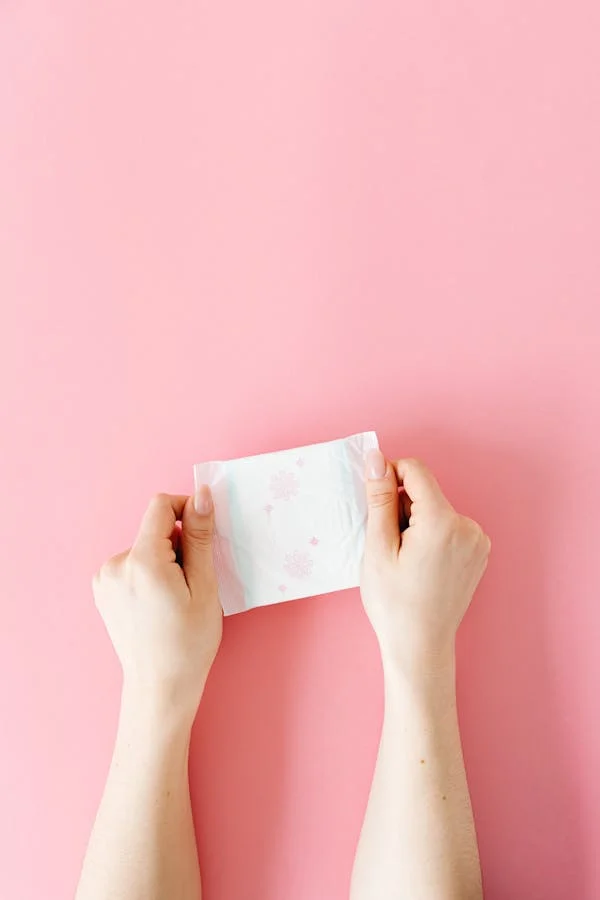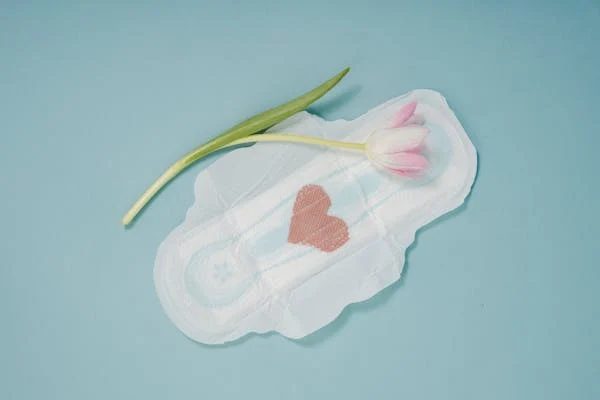Every woman deserves to live a life free from health concerns. Menstruation among women is a natural part of their life. But it is no less than a social stigma. Lack of awareness about menstruation can lead to unnecessary problems, especially for all the women and young girls in rural India and even some urban areas.
Menstruation is a critical aspect of female health. However, menstruation is one aspect that often goes overlooked. Despite many efforts made by educational and healthcare institutions, women and young girls still don’t know how to manage menstrual hygiene. Prioritizing menstrual hygiene is the need of the hour.
Empowering Girls And Educating Women
Open communication about menstrual hygiene is the only way to eradicate the shame and silence associated with periods. Educating girls and women about menstruation will not only help them reach their fullest potential but also manage their menstruation cycle with confidence.
Education Early On Is Important

Girls in India get their periods between 10 to 15 years of age. Some girls even start getting their periods when they are 8 or 9 years of age. They should know all about periods from early on so that they can prepare for the body changes when they come. Educating females early on is also a useful way to reduce anxieties associated with periods.
Breaking The Stigma
Menstruation needs to be spoken about. It shouldn’t be something that goes in silence. When people start speaking and talking about menstruation, they can stop fueling the myths and misconceptions that revolve around menstrual hygiene. It is the only way to encourage girls to address menstrual concerns and normalize periods.
Improved Sanitation And Health
Unsanitary practices during periods can lead to problems such as reproductive issues and UTIs. You need to follow proper sanitation practices such as clean and hygienic sanitary products during periods. You also need to use safe disposal methods to avoid illnesses.
Creating A Supportive Environment
Menstrual hygiene should be spoke about in schools, families, as well as communities. A supportive environment needs to promoted for women and girls. It should allow them access to sanitary disposal facilities, clean toilets, and affordable sanitary products.
Increased National Productivity
Once women across the nation learn to handle their menstrual hygiene like a pros, they will feel healthy, clean, and more focused on their work. They can contribute towards a productive workforce and eventually increase national productivity.
Reduce Gender Disparity
Many females that belong to the underprivileged community also lack menstrual hygiene. Educational and healthcare institutions must invest in healthcare programs in order to ensure quality. It will allow all the girls to access education and proper hygiene.
Build A Healthy Future
As more and more women and girls start becoming aware of menstrual hygiene, they can educate other women out there. It will allow them to build a healthier future for the upcoming generations through investing in the overall health and well-being of females.

